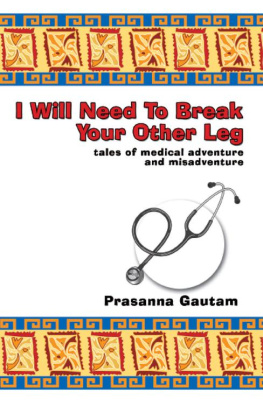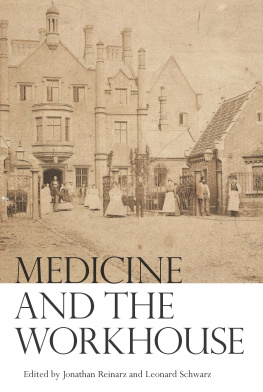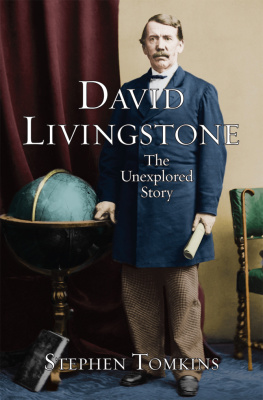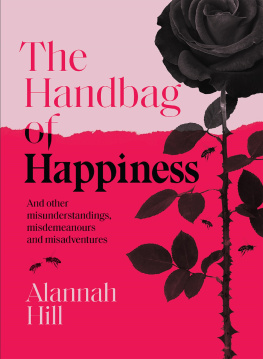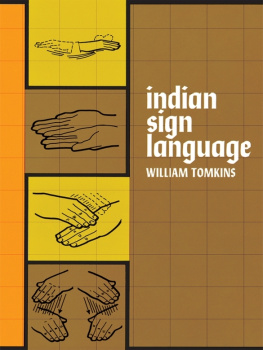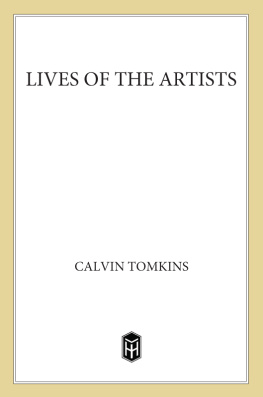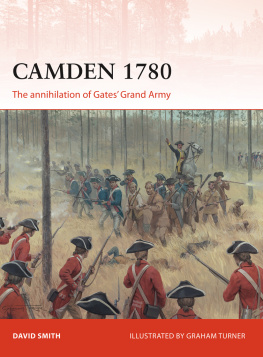

SOCIAL HISTORIES OF MEDICINE
Series editors: David Cantor and Keir Waddington
Social Histories of Medicine is concerned with all aspects of health, illness and medicine, from prehistory to the present, in every part of the world. The series covers the circumstances that promote health or illness, the ways in which people experience and explain such conditions, and what, practically, they do about them. Practitioners of all approaches to health and healing come within its scope, as do their ideas, beliefs, and practices, and the social, economic and cultural contexts in which they operate. Methodologically, the series welcomes relevant studies in social, economic, cultural, and intellectual history, as well as approaches derived from other disciplines in the arts, sciences, social sciences and humanities. The series is a collaboration between Manchester University Press and the Society for the Social History of Medicine.
Previously published
The metamorphosis of autism: A history of child development in Britain Bonnie Evans
Payment and philanthropy in British healthcare, 191848 George Campbell Gosling
The politics of vaccination: A global history Edited by Christine Holmberg, Stuart Blume and Paul Greenough
Leprosy and colonialism: Suriname under Dutch rule, 17501950 Stephen Snelders
Medical misadventure in an age of professionalisation, 17801890
Alannah Tomkins
Manchester University Press
Copyright Alannah Tomkins 2017
The right of Alannah Tomkins to be identified as the author of this work has been asserted by her in accordance with the Copyright, Designs and Patents Act 1988.
Published by Manchester University Press
Altrincham Street, Manchester M1 7JA
www.manchesteruniversitypress.co.uk
British Library Cataloguing-in-Publication Data
A catalogue record for this book is available from the British Library
Library of Congress Cataloging-in-Publication Data applied for
ISBN978 1 5261 1607 9hardback
First published 2017
The publisher has no responsibility for the persistence or accuracy of URLs for any external or third-party internet websites referred to in this book, and does not guarantee that any content on such websites is, or will remain, accurate or appropriate.
Typeset in 11 on 12pt Arno Pro Regular
by Toppan Best-set Premedia Limited
For Cliff and Joyce, Meg and Tommy
A book written over the course of a decade incurs a lot of debts, not least among colleagues in libraries and archives. In particular I want to thank staff at the Royal Medical Benevolent Fund who made the charity's records available to me, and Bobbie Judd at the St Andrew's Healthcare archives for the tea and biscuits, among other things. Similarly, staff at county and city archives produced volume after volume of asylum records, including those in Berkshire, Birmingham, the Borthwick Institute, Cheshire, Derbyshire, Devon, Gloucestershire, Leicestershire and Rutland, Lincolnshire, Nottinghamshire, Staffordshire, Warwickshire, and Worcestershire. Staff at the National Archive helped me to understand the idiosyncrasies of the bankruptcy and Chancery papers, while staff at the British Library assisted me with images. I was supported in researching Chapters 4 and 5 by two MRes students, namely Harriet Wallis and Jennie Hubbard, who identified their own research areas but also helped me to flesh out my own. Colleagues at Keele have listened to some rather gruesome papers under the heading of research in progress and offered critical friendship. Chris Adams generously shared his research on the Hoyle family of Lincolnshire, while David Helm must be credited with tracking down patient information for Barnwood House: without his research I would not have been able to include a private licensed house among my consideration of medical asylum patients. Heartfelt thanks also go to Hilary Ingram, Marie-Andree Jacob, Steve King, Lisetta Lovett, Michael Myers, and Keir Waddington who commented on drafts of chapters.
The most significant research assistance I have received in the last ten years has come from my mother. Molly Tomkins has been tireless in tracking down references, reading drafts, visiting archives, and generally agreeing to investigate any new avenues of research that cropped up over the decade. Without her commitment this book would still have been written, but it would have taken me much longer. Thanks to her for unfailing enthusiasm and energetic assistance.
A better understanding of the professionalising process in medicine requires attention to halting and truncated careers.
Therefore, unlike other histories of the profession, what follows is a sustained consideration of the career turbulence, disappointment, and curtailment that beset some men who were not able to secure full advantage from professionalising trends.
Yet medical men experienced these forms of failure in some professionally specific ways. In particular the twin pressures of professionalisation and a persistent and highly competitive medical market for medicines and expertise had profound consequences for specifically medical forms of masculinity.
) among English and Welsh colleagues in India.
Only by appreciating the ubiquity and experiential features of failure can we recognise the specific functions it performed.
Professionalisation, reform, and legitimation
In this instance, then, professionalism was unequivocally allied with interest and with concealment of the provisions of law.
Respect was manifested in different ways specific to the locality or decade, and not just on the plausibility of claims to authority but on the substantial investment of a non-medical public in medical claims of social status.
By the late 1880s, the concept of the professional medical man had acquired numerous potential attributes. These did not all necessarily have to be represented in one man, but individuals needed to display a suitable range to qualify. Criteria included education and qualification by recognised bodies, membership of learned or professional societies, holding public office, subscription to dedicated journals, and espousing values indicative of participation in a collective community of doctors. This concept was forged in the face of considerable internal difficulty and dissent, generated by a dilemma at the heart of medical practice. Yet disinterested professional judgement was jeopardised on a daily basis by the need to make a viable living.
Markets, ethics, and professional honour
Protecting and augmenting one's private patient list was certainly a constant throughout the period covered here.
It was hardly surprising, though, if practitioners' concerted drive to present themselves as professionally disinterested accelerated patient expectations. It is difficult to avoid the conclusion that medical men unwittingly set themselves entirely unachievable standards in this respect that might provide a goal which could never decisively be reached. Throughout the chapters that follow, medical ideals on marketplace behaviour and other matters are often seen to be untenable.


